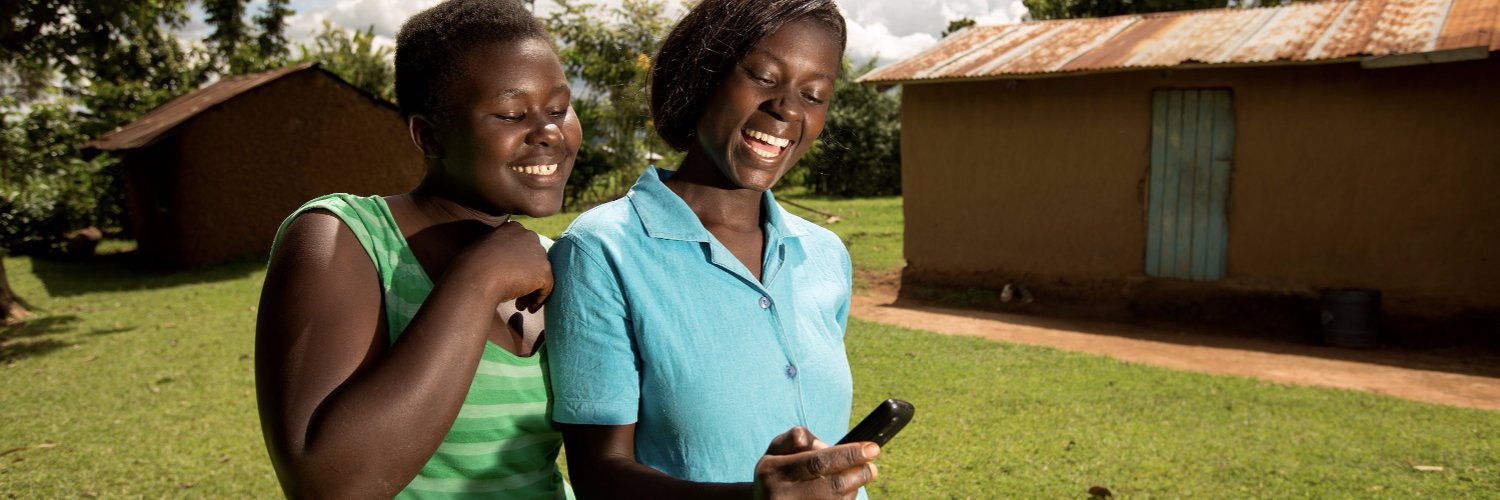
Nivi's conversational marketplace enables better health outcomes
Sid Goyal is a serial entrepreneur who has successfully founded multiple startups. In 2014, Sid traveled to Kenya as an Entrepreneur-in-Residence for an early-stage VC fund and realized there was a lack of innovation within the health industry. Two years later, Sid and his co-founders launched Nivi in Kenya to provide women access to contraceptives and counseling through the use of mobile phones.
What inspired you to start Nivi?
After graduating from MIT with a Master’s degree in Computer Science, Sid spent the first half of his career building software for mobile devices to enable people to work more effectively. He was writing software for Palm pilots in 2008 when he saw an opportunity to shift his focus to emerging markets to make a larger impact with his work. This led to him founding Assured Labour, a job marketplace focused on connecting low-wage labor to employment opportunities in Latin America. He originally launched Assured Labour in Nicaragua and then scaled it to Mexico and Brazil. In 2013, he sold the company and moved back to the U.S. to join Tiny URL, the world's first URL link shortener, as their CTO.
Sid traveled to Kenya as an Entrepreneur-in-Residence for an early-stage VC fund in 2014. He learned that people in Kenya lacked access to basic health systems. This is when he became really interested in using the mobile phone to disrupt the health industry and bridge this gap.
This led Sid and his co-founders to launch Nivi to provide women access to contraceptives and counseling through the use of mobile phones. Nivi has since evolved into an AI-powered chat platform that enables users to have conversations over WhatsApp and Facebook messenger. Users can find information on different health topics and get connected to the right health services and products based on their recommended counseling. Nivi launched in Kenya in 2016 with initial funding from Merck. They’ve since scaled to serving 380,000 users in Kenya and 1.7 million users in India, and have launched their service in South Africa.
During the pandemic, Sid and his team expanded their mandate to include reproductive health and general maternal care. They included information on Covid-19 and how users could access essential health services during this time.
Are you in partnership with any local telecommunication companies to make the service free?
Nivi is available over a free SMS line in Kenya. At the time it was launched, people didn’t have access to data but everyone had a mobile phone. Since then Nivi evolved and was made available over Facebook messenger and WhatsApp. Although you need data on your phone to access the service, it’s all text-based which makes the data requirements relatively low.
Sid shares that telecommunication companies have their own needs, serve many different audiences and are focused on increasing their revenue. Integrating with a teleco to provide a free service may sometimes result in a slower adoption rate. Sid recommends establishing your own brand and market before going to a teleco.
How did you navigate your journey from software engineer to CEO of Nivi?
Sid shares that although he wrote a significant portion of the code on the Nivi platform, this is not an ideal situation as the CEO. He suggests making yourself obsolete - to become so good at what you do that you can train someone else to do it, and then grow into your next role.
As the CEO, his focus is on providing support and context for what he wants done. Sid shares that the switch from player to coach was the hardest for him. Having a curiosity about the world around you and a willingness to fail is important as they provide opportunities for you to grow.
He shares that his willingness to ask questions was how he was able to grow from a software engineer to CEO.
How do you evaluate potential markets for expansion?
Sid shares that it’s more a function of opportunity than a solely objective evaluation. They launched Nivi in Kenya, which was not an ideal first market from a financial standpoint but where they had unique market insights. He believes that it’s a good idea to launch in a market where you have deep local knowledge.
He advises against launching in a market where you have no advantage over potential competitors. Sid’s two co-founders are public health researchers who understand the unique challenges around contraceptive access and had done research work in the field. Sid brought a strong technology perspective and understanding of the local business environment in Kenya.
He also suggests considering which markets investors are excited about funding. For Nivi, Sid and his team evaluated health spending and their unit economics across potential market opportunities.
In the initial markets, it’s about your competitive advantage, the economic situation, and your ability to build key partnerships. When you expand to your third and fourth market, hopefully by then you have a model you can apply.
What are your key learnings when building a startup team?
Sid shares that they’re still working on building their team. He’s found this to be the most challenging part of their journey. He advises startup founders to spend a significant portion of time building the right team.
You have to establish which skills you bring to the table and areas where you have a shortage of skills. But even before you do that, you need to set out a directional path of what you're trying to accomplish. Then figure out which skills you need to reach your vision.
Sid shares that experience is important, especially in the first hires. You want to bring people on board who have complementary skills and relevant startup or industry experience.
Check out Nivi and follow their journey:
https://www.nivi.io
https://www.linkedin.com/company/asknivi
https://twitter.com/asknivi
Chat with VerroBot to build your impact startup
https://www.bonbillo.com/verrobot/
